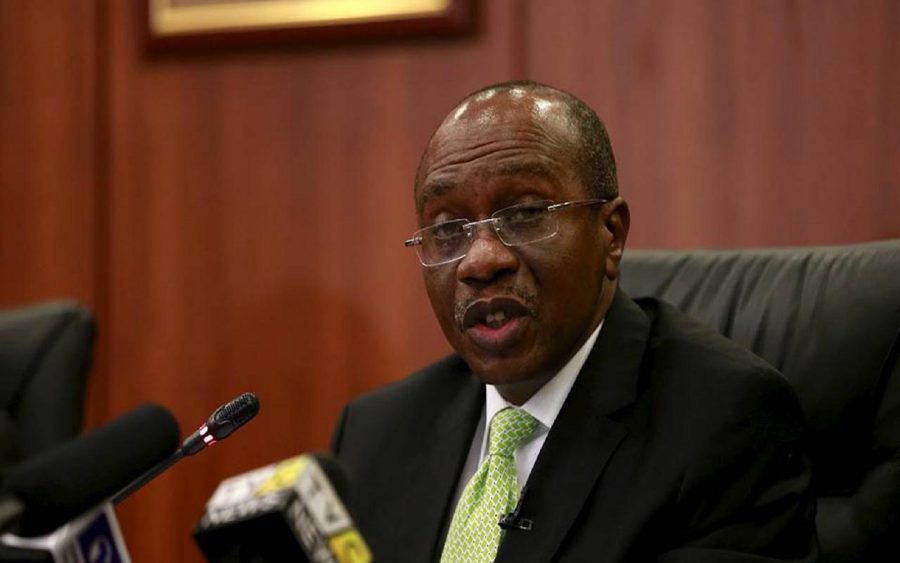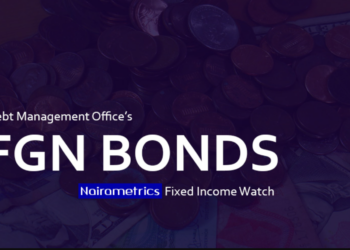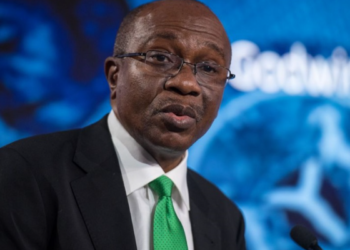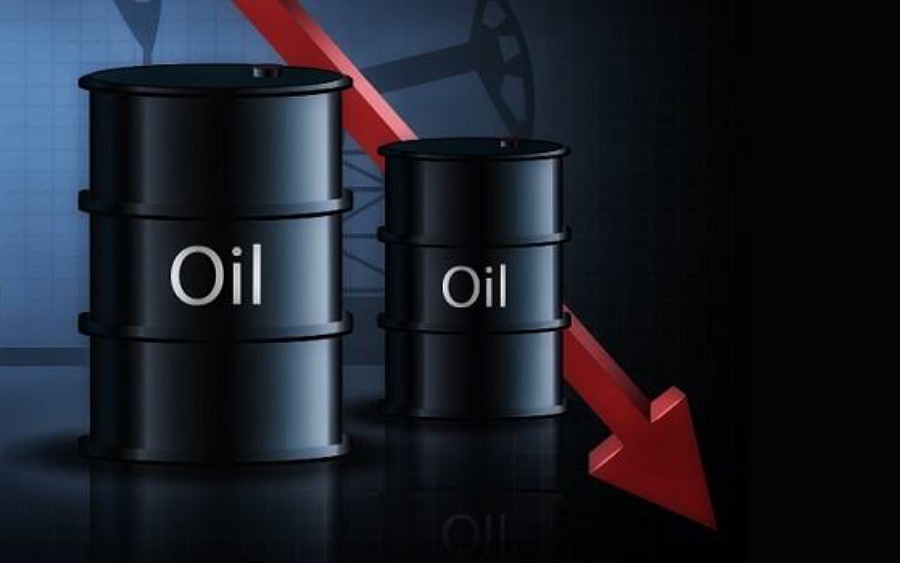Governor Godwin Emefiele has cautioned the Federal Government against Nigeria’s rising debts profile. Emefiele said the country’s debts profile is alarming.
The CBN Czar made this known while addressing some newsmen, after the two-day Monetary Policy Committee (MPC) meeting held at the headquarters of the CBN.
According to Emefiele, the MPC noted the rising debt profile and called for caution. He said, “On external borrowing, the committee noted the increase in debt level advising for caution, noting that it could fast be approaching the pre-2005 Paris Club level.”
Emefiele said the committee noted that while the real Gross Domestic Product grew by 1.81 per cent during the third quarter of 2018, the persistence of herdsmen attacks on farmers, cattle rustling and flooding in parts of the country affected agricultural and livestock output.
The governor said in view of this, the output for growth remained fragile as the late implementation of the 2018 budget and the residual impact of flooding and security challenges constituted headwinds to growth.
Emefiele maintained that except the Federal Government came up with measures to address the country’s debt level, Nigeria’s debt burden might rise up to the pre-2005 Paris Club level.
However, the Debt Management Office (DMO) had pegged Nigeria’s total debt at N22.43 trillion as at September 2018, an increase of 85.06 per cent when compared to its standing in June 2015, a month after President Muhammadu Buhari came into power.
Three years ago, the country’s debt profile was estimated at N12.12 trillion, but recorded a sharp increase of 79.25%, hitting N21.73 trillion in 2017. Despite the increase, Nigeria’s debt was within the sustainable threshold of 56% recommended for developing countries according to DMO in 2017.
In a recent DMO data, Nigeria’s total debt recorded an increment of N10.31 trillion within the period of June 30, 2015 to September 2018. With the external component of the Federal Government, State governments and FCT’s debt rising from $10.32 billion by 109.21 per cent within the years under review, to $21.59 billion in 2018.



















